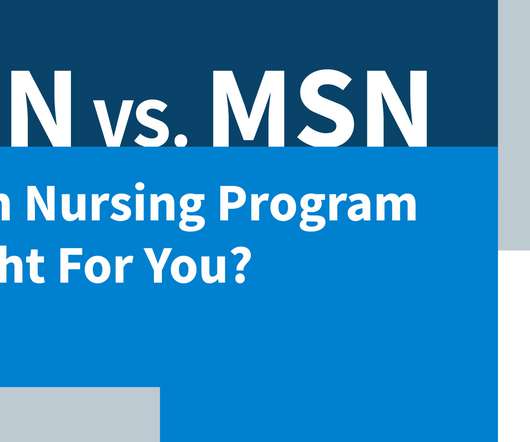How to Become a Nurse Later in Life
Board Vitals - Nursing
APRIL 11, 2024
With an aging global population, escalating healthcare expenses, and an increasing demand for home care, hospice services, and outpatient care centers, the need for competent, skilled, and dedicated nurses is on the rise. How Long Does it Take to Switch to a Nursing Career?













Let's personalize your content